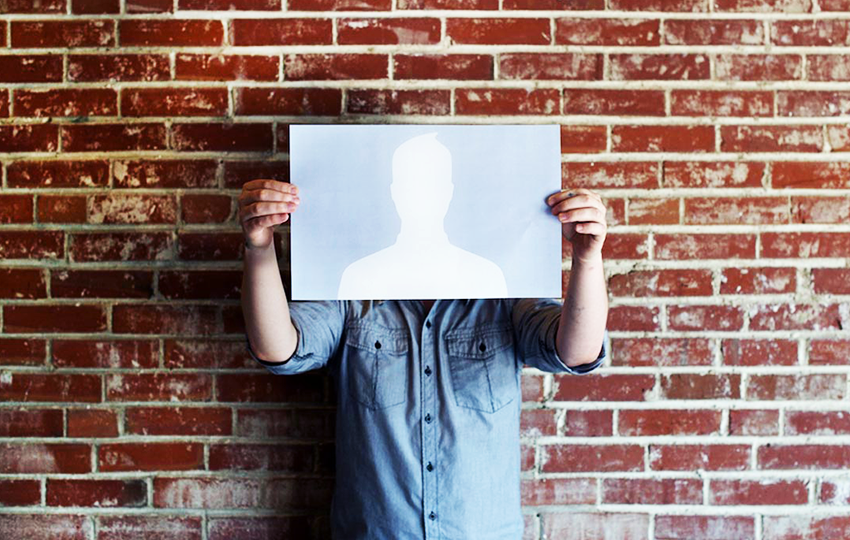Social media is everywhere nowadays. According to studies, 2.6 billion people are using social media in the year 2018. And the number seems to be increasing. By the year 2020 more than 3 billion people will be using social media every single day. This means that the need for online protection will grow bigger and bigger as the years go by.
It is very important to secure our online presence. Especially for younger people. A big part of the group of people using social media every day is children. Even at the age of seven, we see kids with Facebook accounts and a smartphone attached to their hand. The online world is not a safe world. And online protection and security are a must.
There are several things you can do, to protect your social media accounts from hackers, cyber bullies and people that want to cause you harm. Most people already know these following steps, but let’s go through them one more time.
Step 1: Password
- Concerning your password, you need to remember the following. First and foremost, DO NOT share your password. Even if it is with someone you trust completely. Anyone could, by accident, share your And the only one affected will be you.
- Use a strong password. Every time you are creating a new account on a social media you are required to type a password. And there is, always, a strength indicator. By using upper and lower cases, numbers, characters and special cases you are creating a very strong password. Try to avoid dates and common words or phrases. And always make sure that your password will be more than 8 characters long.
- Do not use the same password for every social media account. Especially not the password you are using for your email. Your email is the center of all your accounts. You do not want anyone to have access to it, apart from you.
- Store your passwords somewhere safe. Not a post in your screen or a file on your desktop marked ‘’PASSWORDS’’. Keep it somewhere only you will know.
Step 2: The accounts:
- Never connect your account with apps that ask for permission to manage your The only one that should be managing your profile is you.
- Do not share too much information online. Always checking in on Facebook or posting pictures of your whereabouts every 10 minutes can be dangerous. You do not know who might be watching and they might want from you.
- Do not reveal personal information on your social media accounts like your phone number or your address. In general personal information that could be used to impersonate you in any way. Identity theft through social media is very common.
- Always adjust the privacy settings. Read them and adjust them to your liking. You can block strangers, stalkers and anything else that might be threatening your account by simply adjusting a few things here and there.
- Never share your credit card number, banking information, passwords or your social security number, on any social media. This is a risk you will not want to take.
- Be careful with the professional information you might be sharing. In some Social Media Websites like LinkedIn, people post their resumes and other important information that will get them the connections they need. This information must be carefully processed by you before you upload them. Do not give out too much. Just what is needed for you to create a safe network.
These are simple, yet important steps that you should take, in order to secure your social media accounts. Of course, there are more things you can do, to get maximum security. Do your research. Learn everything you can about social media and how they work before you create an account. And stay safe when you are online!

